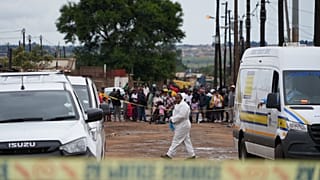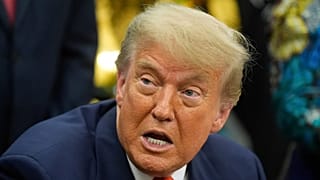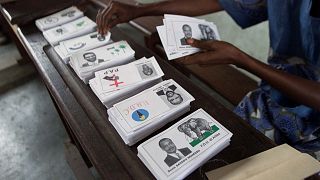Republic of the Congo
The Congolese government on Thursday destroyed thousands of decommissioned passports, too old to meet current technological standards.
The destruction was ordered by court, that ruled the diplomatic travel documents did not contain a chip that could read information automatically at immigration posts.
Most of these passports had been acquired by 2014, a year before the Economic and Monetary Community of Central Africa (CEMAC), which Congo is a member, introduced the biometric passports.
Before French dignitaries, and local authorities, the passports were set up in flames.
“It’s not a loss. In any case, these passports do not serve any purpose. As has been indicated on numerous occasions since 2015 the government issued biometric passports that are readable. This is not the case for these destroyed ones”, said Cyprien Sylvestre Mamina, the Secretary General of the Ministry Congolese Foreign Affairs.
The authorities kept the plan discrete, not revealing whose passport was going to be destroyed.
The old diplomatic passports were also used in trafficking and smuggling, a problem both the Congolese and French governments have been trying to end.
“It is rather the result of work that has been carried out closely with the Congolese authorities to bring about the destruction of these Passports that were no longer circulating but could always prompt people to reuse them fraudulently”, Bertrand Cochery, French ambassador to the Congo.
An investigation into cross boarder crimes is ongoing but France and Congo are bound by an agreement that exempts visas for diplomatic passport holders.











11:17
DRC-US mineral pact offers optimism—and inherent hurdles [Business Africa]
01:00
Zelenskyy meets Pope Leo XIV and PM Meloni in Italy visit
Go to video
French President Emmanuel Macron continues his African tour in Libreville
00:13
Putin meets Togo PM in Moscow, eyes stronger trade ties
01:58
Russia and Morocco pledge to deepen cooperation during foreign ministers meeting
01:02
South Africa: Five top investigators in France to probe ambassador's death